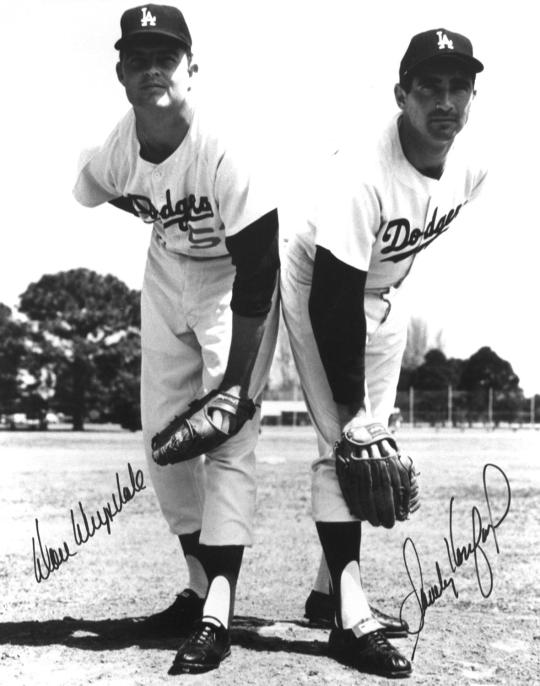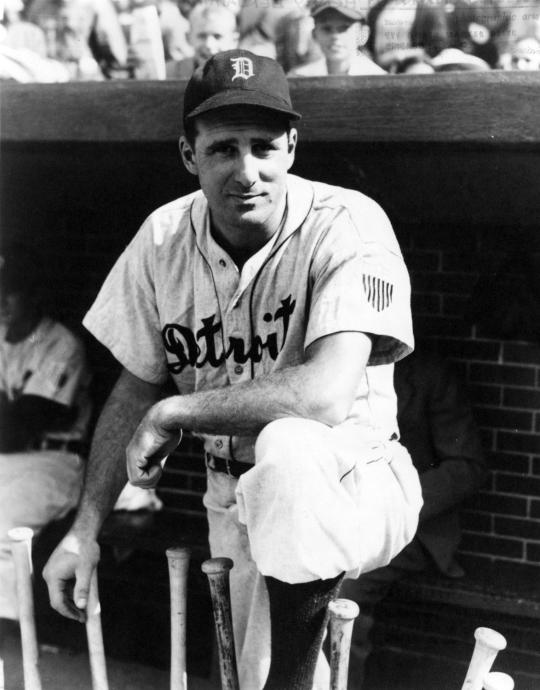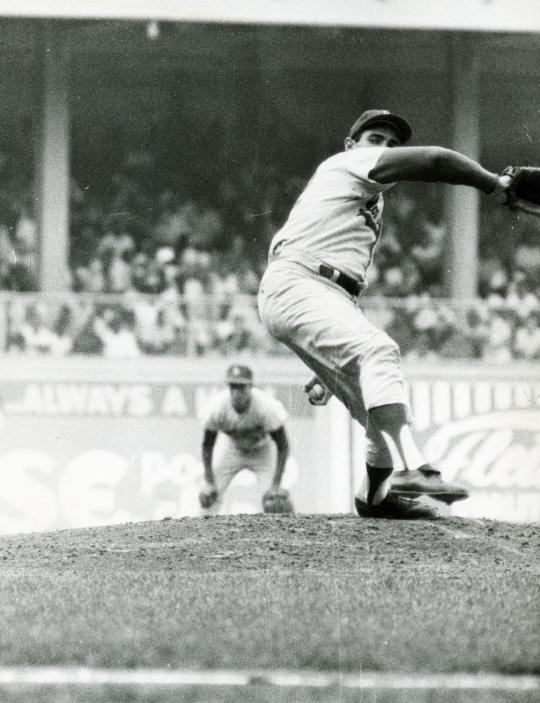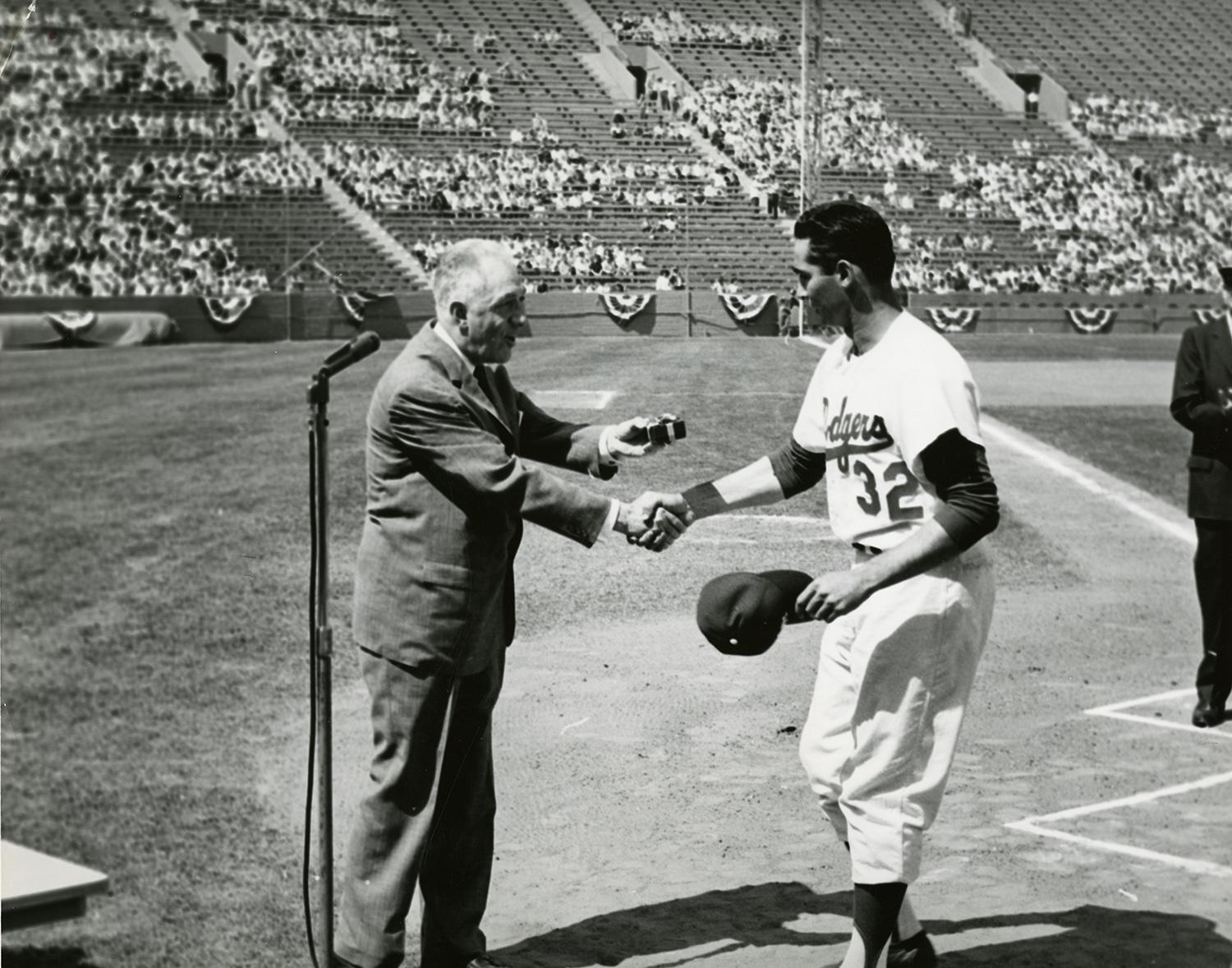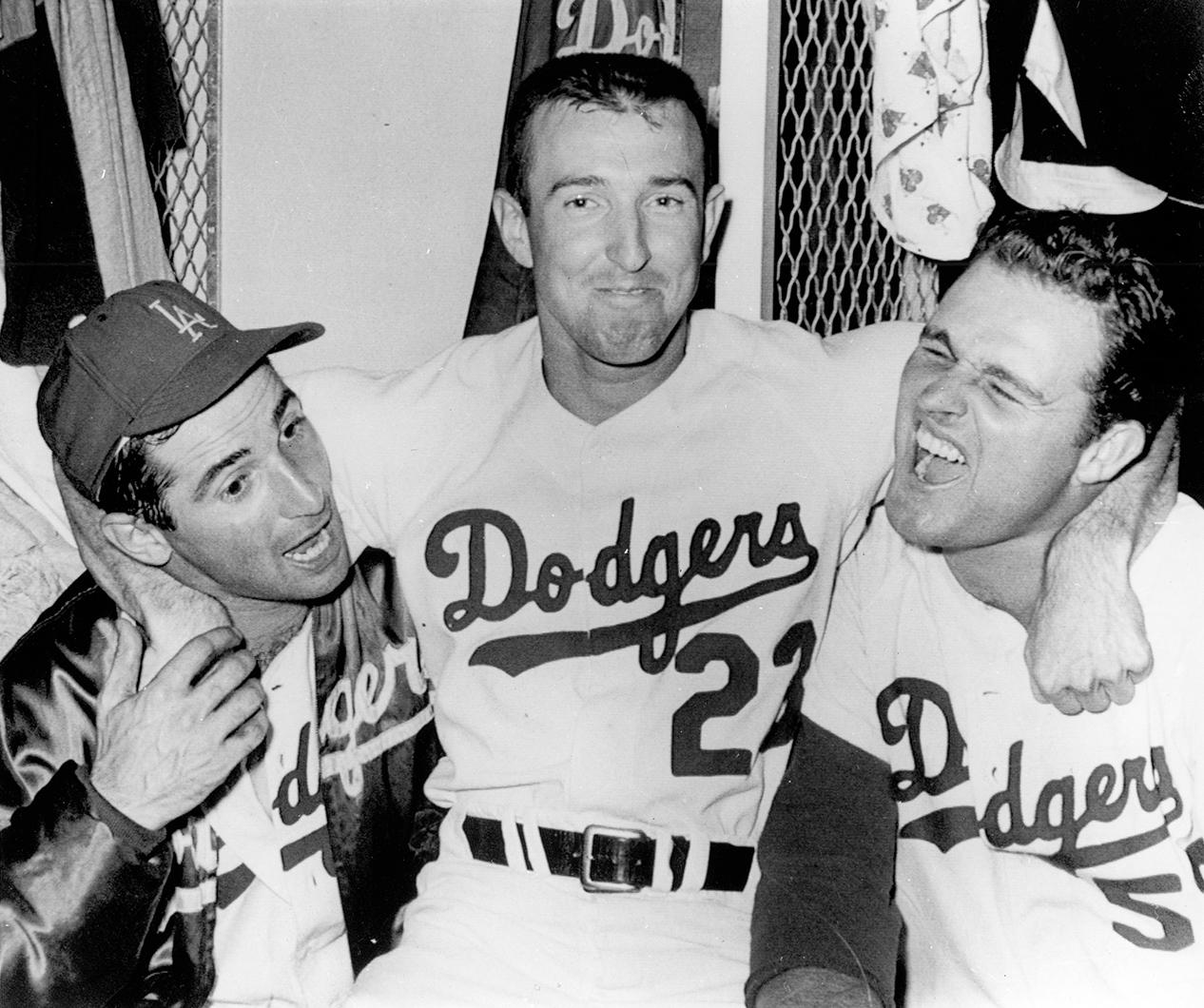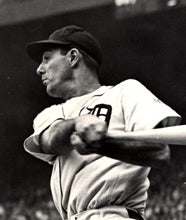- Home
- Our Stories
- Sandy Koufax responded to a higher calling on Yom Kippur in 1965
Sandy Koufax responded to a higher calling on Yom Kippur in 1965
The holiest of Jewish holy days left a gaping hole in the Los Angeles Dodgers’ rotation at the beginning of the 1965 World Series. But for Sandy Koufax, his faith came before his career.
Koufax, the incomparable Dodgers ace, naturally would be expected to start Game 1 against the Minnesota Twins in Bloomington, Minn. But Oct. 6, 1965, the date of Game 1 of the World Series, also happened to be the date of Yom Kippur – the Day of Atonement – on the Jewish calendar. The commissioner’s office determined the World Series dates in a meeting on Sept. 8, when the Dodgers were about to creep back into second place.
“From what I’ve been told, there are no dispensations for this particular day,” Koufax told the Associated Press in an article which ran on Oct. 1, when the Dodgers were back in first and locked into a tight pennant race with San Francisco. “But then I haven’t really talked about it to a rabbi. If we sew up the pennant, I plan to take it up and find out the proceedings. If I’m told it isn’t proper to pitch, then I won’t because I wouldn’t feel right about it.
“I’m praying for rain Wednesday (Oct. 6). It has to rain. It would solve the whole matter.”
Koufax’s boss, Walter O’Malley, put any questions to rest by stating his star southpaw would pitch in Game 2 instead.
“I won’t let Sandy pitch on Yom Kippur under any circumstances,” O’Malley told the press. “I can’t let the boy do that to himself.”
Yet O’Malley, too, decided to see what the heavens could do to avoid playing Game 1 on Yom Kippur, noting he’d “ask the Pope what he can do about rain on that day.”
The weathermen, however, called for favorable conditions that afternoon at Metropolitan Stadium, and Don Drysdale would take the hill for the Dodgers, facing off against Jim “Mudcat” Grant.
According to United Press International’s Milton Richman, Koufax made up his mind on choosing religion over the World Series in 1959 when the championship coincided with Rosh Hashanah, the Jewish New Year. He did not attend workouts at the Los Angeles Memorial Coliseum, and he did not pitch in Game 4.
Koufax summed up his thoughts with Richman, saying that a “man is entitled to his belief and I believe I should not work on Yom Kippur. It’s as simple as all that and I have never had any trouble on that account since I’ve been in baseball.”
The 1959 World Series was not the first time that Koufax missed a game in favor of a Jewish holiday. In April 1959, Koufax requested to skip his start on April 22 due to it being the first night of Passover. Similarly, in 1961 and 1963, Koufax skipped his turns in the rotation which conflicted with Rosh Hashanah. Teammate Larry Sherry, also Jewish, is believed to have sat out for the holiday in 1961. In 1963, Koufax more than made up for the trouble in rearranging the pitching staff’s schedule by striking out a record 15 Yankees in Game 1 of the World Series.
Drysdale, a 23-game winner during the 1965 season, could not make it through the third inning of Game 1, as the Twins batted around in a six-run outburst. With an early 7-1 lead, Minnesota coasted on Grant’s pitching to an 8-2 victory in the 1965 Series lid-lifter.
Attempting his version of gallows humor, Drysdale is reported to have asked Dodgers manager Walter Alston if he wished “I was Jewish today, too,” so that Drysdale also would not have pitched on Yom Kippur.
Koufax’s decision to not play on Yom Kippur was not without precedent, even though this time the holiday fell during the World Series. Detroit Tigers star Hank Greenberg won the hearts of Detroiters by playing – and hitting two home runs – on Rosh Hashanah, the Jewish New Year, in 1934. Doing so helped lift the Tigers to the American League pennant, and with that out of the way and still in the regular season, Greenberg opted to take the day off on Yom Kippur. Game 6 of the 1935 World Series fell on Yom Kippur, and Greenberg did not play, though that was largely due to a wrist injury suffered in Game 2.
Edgar Guest wrote a poem regarding Greenberg’s 1934 decision, which appeared in newspapers across the country. Titled “Speaking of Greenberg,” the final lines read: “Said Murphy to Mulrooney ‘We shall lose the game today!/ We shall miss him in the infield and shall miss him at the bat,/ But he’s true to his religion – and I honor him for that!’”
In 1954, Al Rosen of the Indians said he would not play in Game 5 of the World Series, which fell on Yom Kippur. However, a Giants sweep of the Indians made it a moot point.
Though he was true to his religion and certainly missed by Dodgers fans, the extra day off in 1965 did not help Koufax much. Despite nine strikeouts, he lasted only six innings in Game 2, being pulled for a pinch hitter with the Dodgers trailing, 2-0. Minnesota tacked on three more runs against the Los Angeles bullpen for a 5-1 win.
With the World Series shifting to southern California, Koufax and Drysdale remained confident in their abilities, laughing when Drysdale said, “Well, we sure got ourselves in a hell of a mess, didn’t we?” Claude Osteen got things back on track for the Dodgers with a five-hit shutout in Game 3. Drysdale and Koufax picked up complete-game wins in Games 4 and 5, respectively, but Grant stymied Los Angeles in what would prove to be the penultimate game.
Each pitching on two days’ rest, Koufax and the Twins’ Jim Kaat went head-to-head in Game 7. Two runs in the third inning on a Lou Johnson solo home run and an RBI single by Wes Parker knocked Kaat out and provided all the offense Koufax would need in going the distance. Koufax earned his second World Series MVP Award and his fourth ring. (Though he did not play in the 1955 World Series, Koufax was on the Dodgers’ roster.)
Jewish major league personnel still face the personal decision about whether to play during the high holidays. Some, like Dodgers outfielder Shawn Green, who in the midst of a heated divisional race sat out on Yom Kippur in 2001, believed it was the right thing to do. Others, like the Brewers’ Jesse Levis, a backup catcher who was inserted as a pinch hitter against Baltimore on Yom Kippur in 1996, sought understanding from a higher power for his having played.
“It’s not like I’m Sandy Koufax,” he said. “I don’t have that kind of leverage. I hope God forgives me.”
Matt Rothenberg is the manager of the Giamatti Research Center at the National Baseball Hall of Fame and Museum
Related Stories
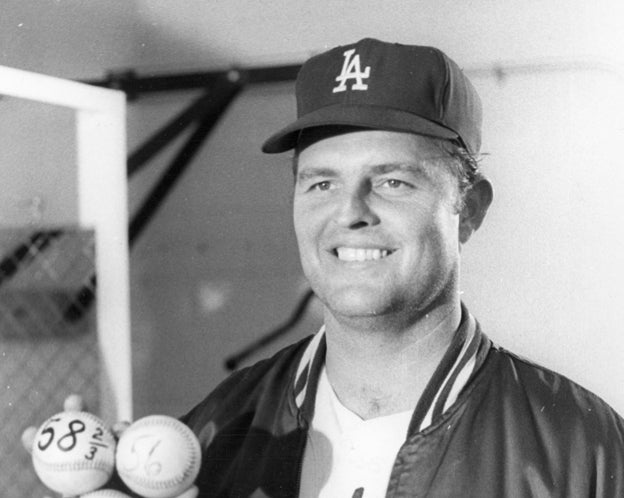
Ann Meyers Drysdale remembers her Hall of Fame husband
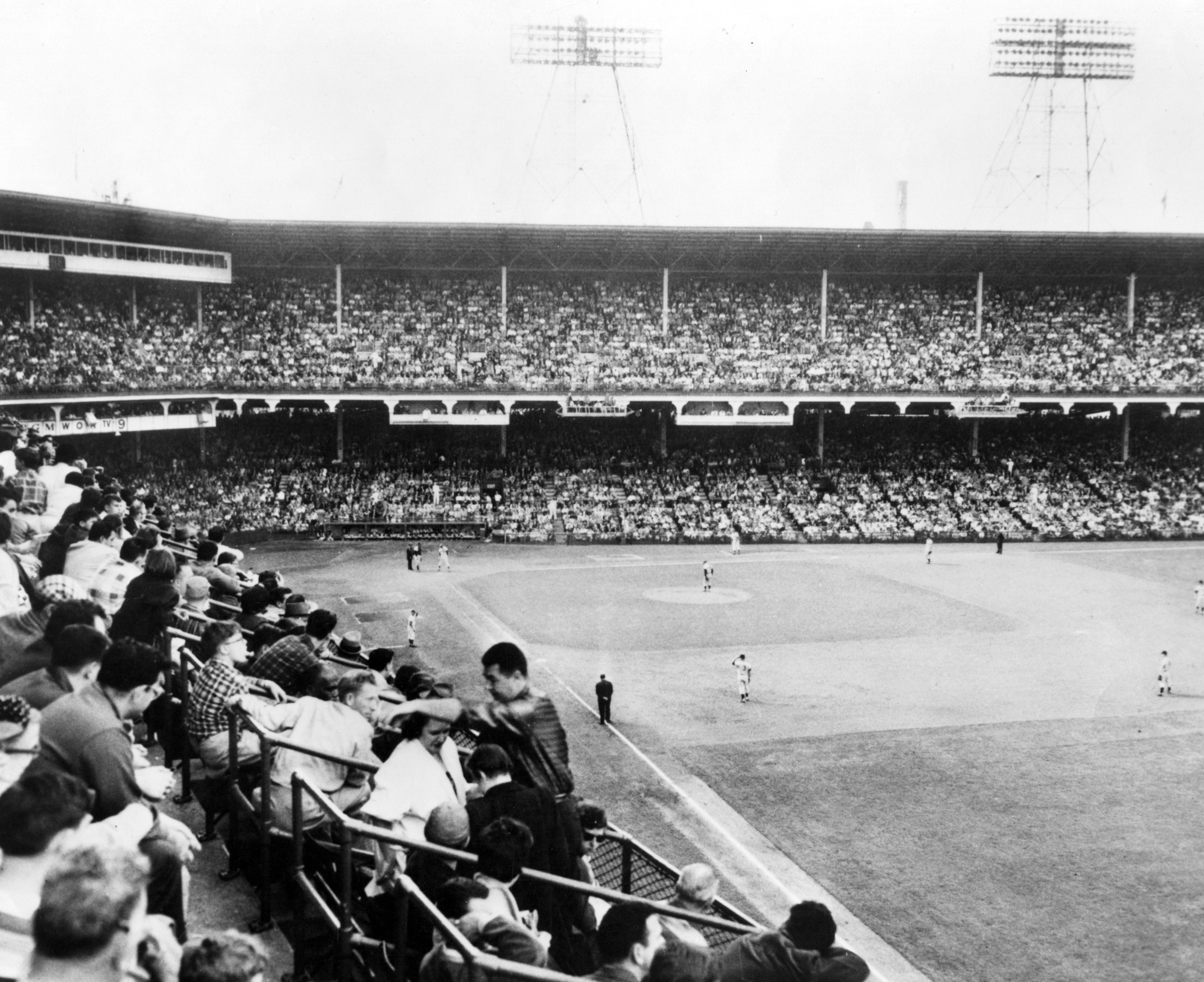
Dodgers win final game at Ebbets Field
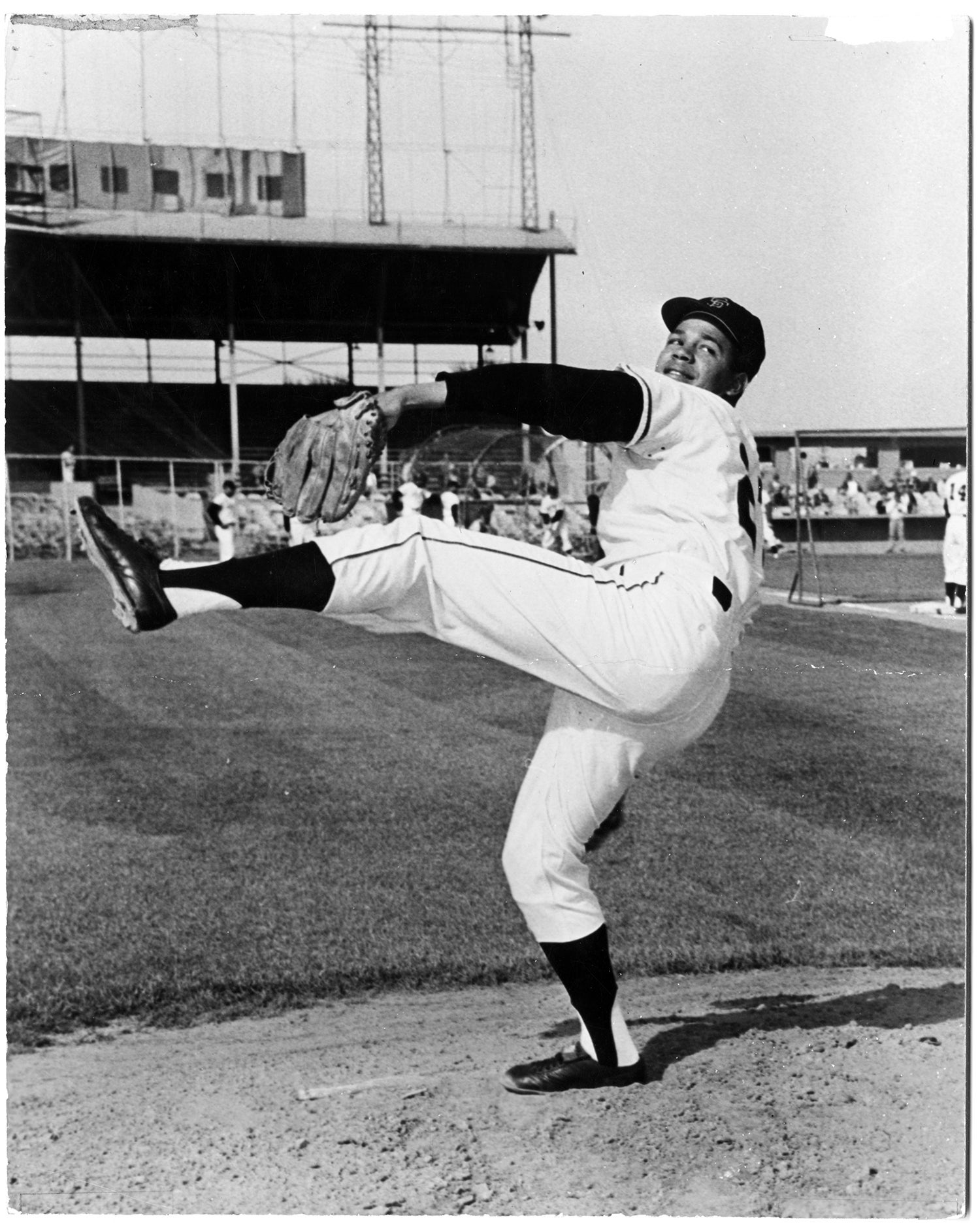
Juan Marichal makes his final MLB start with the Los Angeles Dodgers
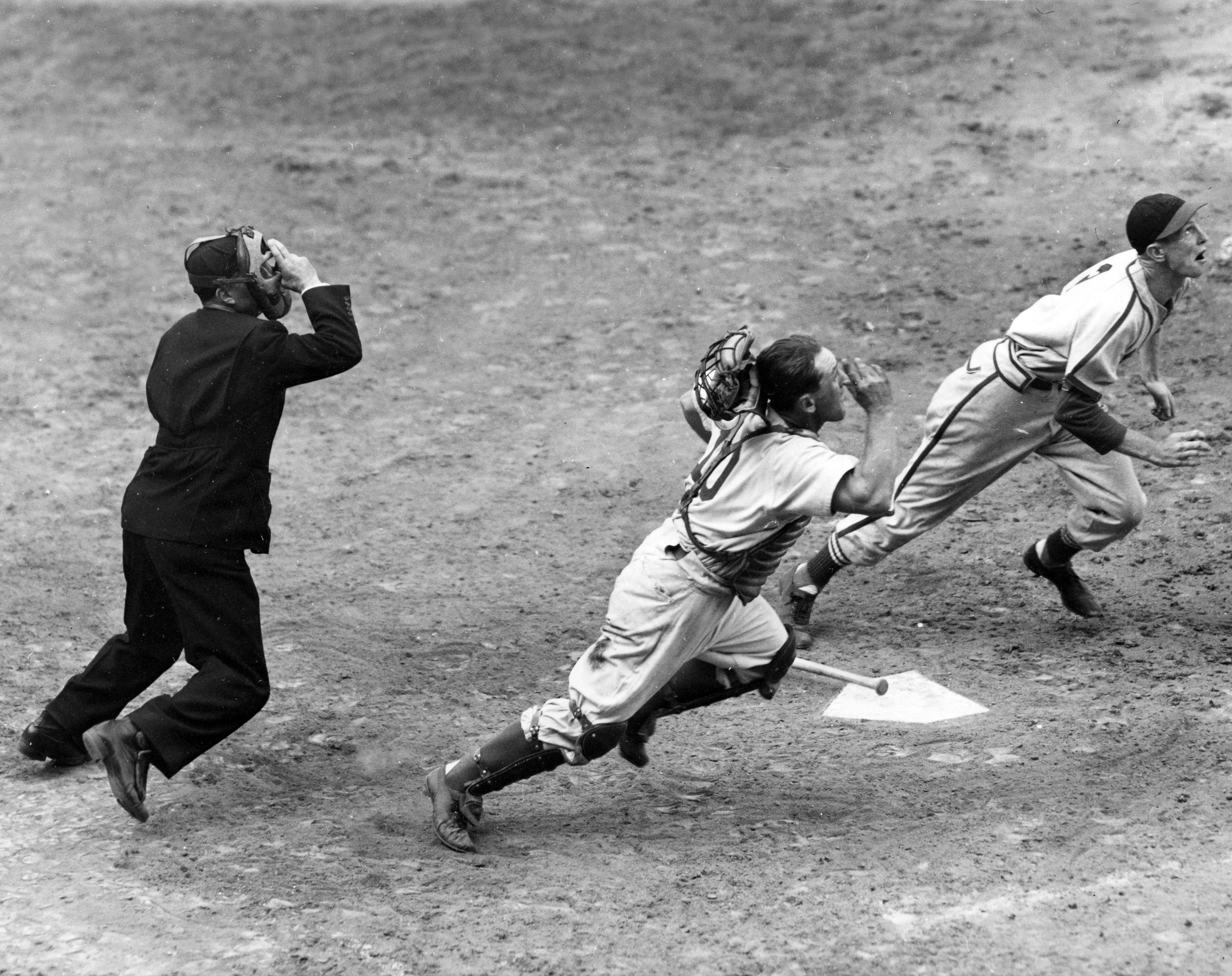
Cardinals, Dodgers face off in baseball’s first three-game playoff

Ann Meyers Drysdale remembers her Hall of Fame husband

Dodgers win final game at Ebbets Field

Juan Marichal makes his final MLB start with the Los Angeles Dodgers


